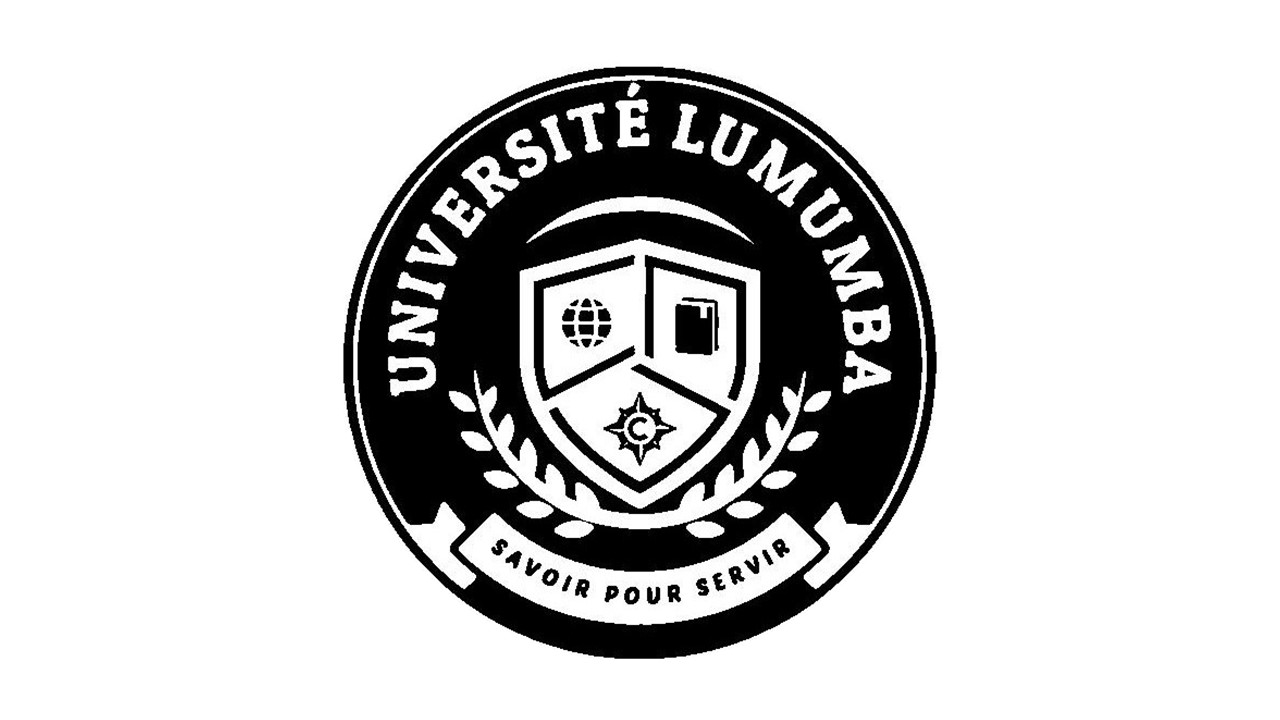Bachelor of Science in Ecotourism and Sustainable Development
Overview
This program integrates principles of ecology, tourism management, and sustainable development to prepare students for careers that promote responsible travel and environmental stewardship. The curriculum begins with foundational courses in environmental science, tourism studies, and sustainable development, focusing on the ecological and cultural impact of tourism. Students explore topics such as biodiversity conservation, community-based tourism, and eco-lodge management. Advanced courses include sustainable tourism planning, renewable energy in tourism, and ethical business practices. Practical modules emphasize field research, environmental impact assessments, and the design of eco-friendly travel experiences. The program culminates in a capstone project, where students develop and present a sustainable ecotourism plan for a specific destination.
Professional opportunities:
Graduates of the Bachelor of Science in Ecotourism and Sustainable Development are equipped to lead sustainable tourism initiatives and foster environmental conservation. Career opportunities include:
- Ecotourism Developer: Design and manage eco-friendly travel experiences that support conservation and community well-being.
- Sustainability Consultant for Tourism: Advise businesses on implementing sustainable practices in the tourism industry.
- Conservation Program Coordinator: Work with organizations to develop tourism initiatives that fund and promote biodiversity conservation.
- Eco-Lodge Manager: Oversee operations of eco-friendly accommodations and attractions.
- Community Tourism Specialist: Collaborate with local communities to develop tourism initiatives that benefit residents and preserve cultural heritage.
- Environmental Impact Analyst: Assess and mitigate the environmental effects of tourism projects.
- Adventure Tourism Guide: Lead sustainable outdoor activities and educational tours.
This program equips students with the knowledge and skills to make tourism a force for positive environmental and social change, preparing them for impactful careers in ecotourism and sustainable development.
The program curriculum consists of 32 courses (124 credits) and is designed to be completed in 4 years as a full-time student. However, the University provides students with the flexibility to progress at their own pace.
The recommended course sequence from the University
1
2
3
4
| Total Courses | Total Credits |
|---|---|
32 | 128 Credits |
